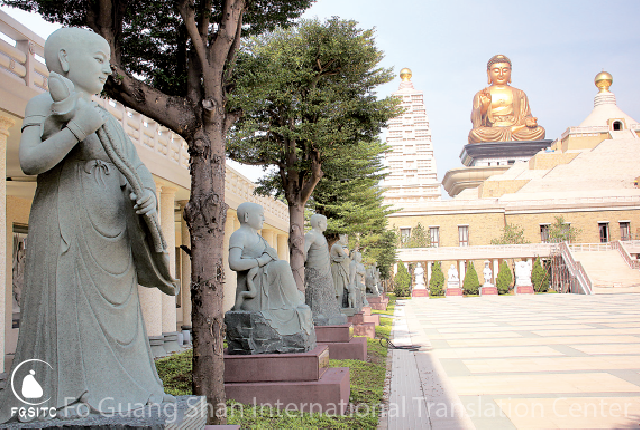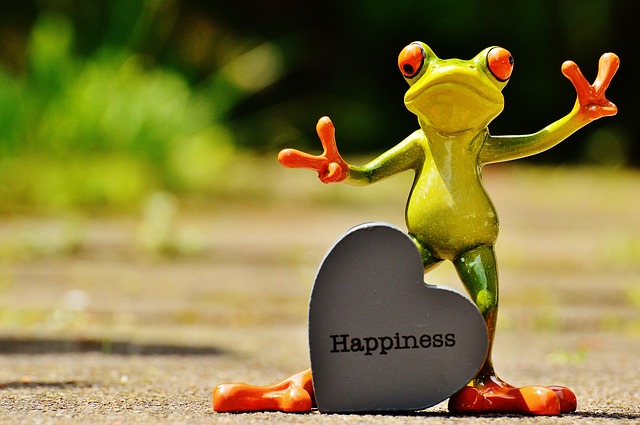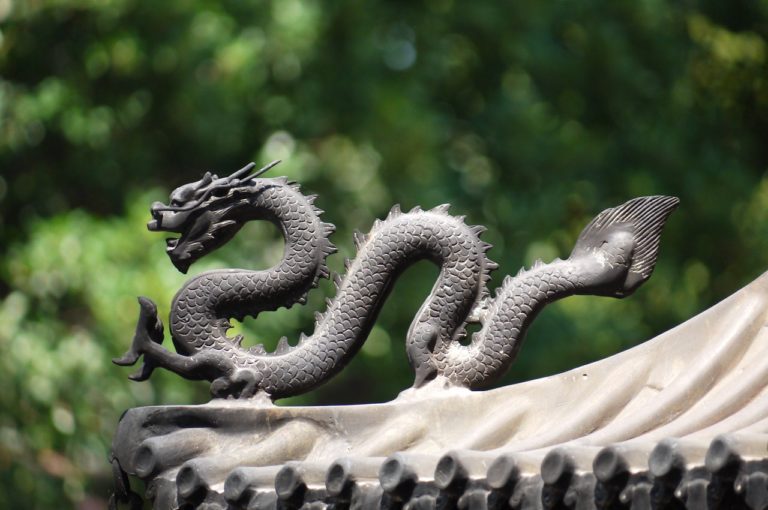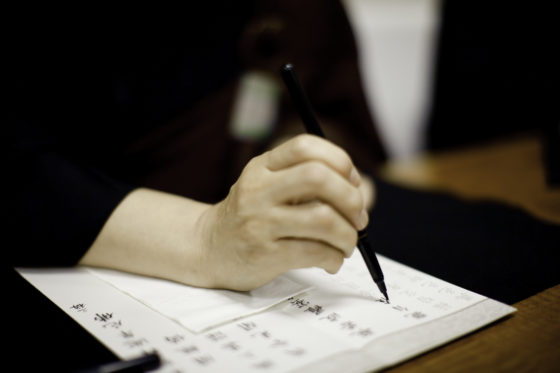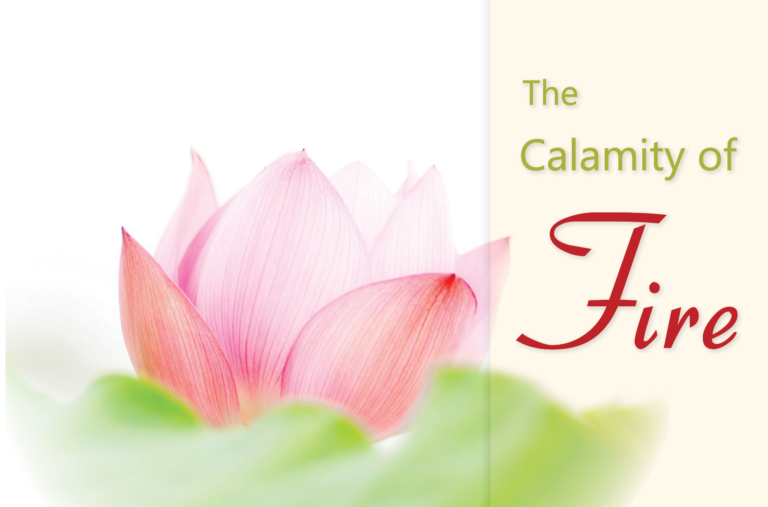
Our emotions are a very important part of our everyday life, and they star in a leading role on the stage of relationships. The ability to feel and our freedom to act upon these feelings give us both joy and sorrow, and it is imperative that we maintain our emotional well-being to minimize the potential for suffering within relationships. Emotions are the glue that bind relationships together, and, remember, relationships form the basis of society. In other words, the human experience is comprised of relationships, and relationships are comprised of emotions.
A stable, positive, supportive and healthy community depends upon stable, positive, supportive and healthy emotions.
Many people make the mistake of thinking that the Buddha’s teachings disapprove of emotions. This is far from the truth. Buddhism does not encourage people to shed their emotions, but teaches us how to lead a healthy emotional life by not becoming attached to them or controlled by them.
How do we ensure that our emotional states remain healthy? In this regard, the Buddha teaches us to use compassion to channel our emotions and to use wisdom to guide the unbridled forces of our emotions. While we often think of the Buddha as the fully enlightened one, we should not forget that he was also a most affectionate and loving human being. The Buddha certainly experienced emotions, but he did so without any attachment to them; they had no power to overwhelm him or control his behavior.
None of us can live in an emotional vacuum; all of us participate in a variety of relationships where we experience many different kinds of emotions. In all relationships, love and affection are the common denominator. For this reason, while exploring healthy emotions, we will focus mainly on the emotion of love, examining potential problems that arise from misguided love, as well as the incredible potential of love to liberate all beings.
Love can help us reveal our true potential for living affinity.
Spiritual development deepens and expands our love.
While some kinds of love are “healthy,” others are “unhealthy”; some are “giving,” others are “possessive.” Love has its pluses and minuses. From the perspective of its pluses, love gives us the strength to make sacrifices, to give, to encourage, to connect and to be compassionate. Love is like a roadmap; it gives our lives direction and we can see our destination with clear visibility. Love is like a blanket; it provides us with warmth and security. Love is like a box of chocolates; it is sweet and full of surprises. From the perspective of its minuses, love is like a piece of rope; it can be binding and restrictive. Love is like a lock; it can shackle us and make us restless. Love can be blinding; it can keep us in the dark without any awareness that we have compromised our principles and standards.
Love is like the honey on a sharp blade; it can entice us to lick the blade, even at the risk of cutting our tongues and risking our lives. Love can be like a sea of suffering; its turbulent waves can trap us in its depths. Thus, if we do not know how to love properly, love can bring us many problems and ruin our lives. If we are ordinary and selective about whom we love, instead of embracing all beings, the vast dimensions of love are hardly actualized. How do we love properly? Let me offer the following four guidelines:
- Love wisely—We should use our wisdom to purify our love.
- Love compassionately—We should use our compassion to manifest our love.
- Love in accordance with the Dharma—We should use the Dharma to guide our love.
- Love morally—We should use morals and ethics to direct our love.
From Living Affinity, written by Venerable Master Hsing Yun.
Image from Pixabay.


